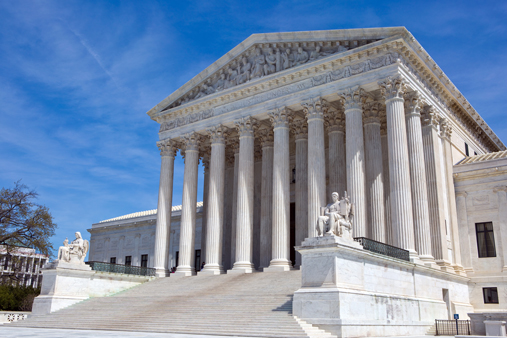On July 13, the Financial Industry Regulatory Authority (FINRA) held its Blockchain Symposium, which brought together regulators and industry leaders to discuss distributed ledger technology, also known as blockchain. A distributed ledger is a database that is synchronized across multiple sites and has potential uses including bitcoin and offerings of newly created coins in initial coin offerings (ICOs).
At the symposium, representatives of FINRA, SEC, CFTC, OCC and the Federal Reserve Board shared their perspectives on distributed ledger technology. As is customary, participants did not represent the formal positions of their agencies. However, they did share some helpful information on how matters presented to their agencies may be evaluated in the future.
Each speaker said their respective agency staffs continue to study applications of the technology and seek further information. When asked about ICOs, representatives of the SEC and CFTC confirmed that any coin should be evaluated based upon its individual characteristics to determine whether it is a security or commodity subject to regulation under federal securities or commodities laws.
In addition, speakers from multiple agencies encouraged business and product innovators to proactively discuss ideas with the agencies in order to receive feedback at the planning stage. With appropriate counsel, these agency discussions could facilitate speed to market and help avoid stringent review by agency enforcement authorities.
We anticipate increasing interest in distributed ledger technology as ICOs continue to raise impressive sums over short time periods and other innovations seek to achieve operating efficiencies, reduce transaction costs and to displace existing market intermediaries. However, innovators should consider their use in light of the many potentially applicable laws and regulations.
For more information, please contact the Barnes & Thornburg attorney with whom you work or Will Turner at 312-214-4575 or will.turner@btlaw.com.
© 2017 Barnes & Thornburg LLP. All Rights Reserved. This page, and all information on it, is proprietary and the property of Barnes & Thornburg LLP. It may not be reproduced, in any form, without the express written consent of Barnes & Thornburg LLP.
This Barnes & Thornburg LLP publication should not be construed as legal advice or legal opinion on any specific facts or circumstances. The contents are intended for general informational purposes only, and you are urged to consult your own lawyer on any specific legal questions you may have concerning your situation.
Visit us online at www.btlaw.com and follow us on Twitter @BTLawNews.








/Passle/6488d4630e7e25c9ac9f834a/MediaLibrary/Images/2024-07-18-19-15-33-047-669969d52008239f764a11af.png)


/Passle/6488d4630e7e25c9ac9f834a/SearchServiceImages/2024-07-17-15-17-44-967-6697e0980752df56d2441ada.jpg)
